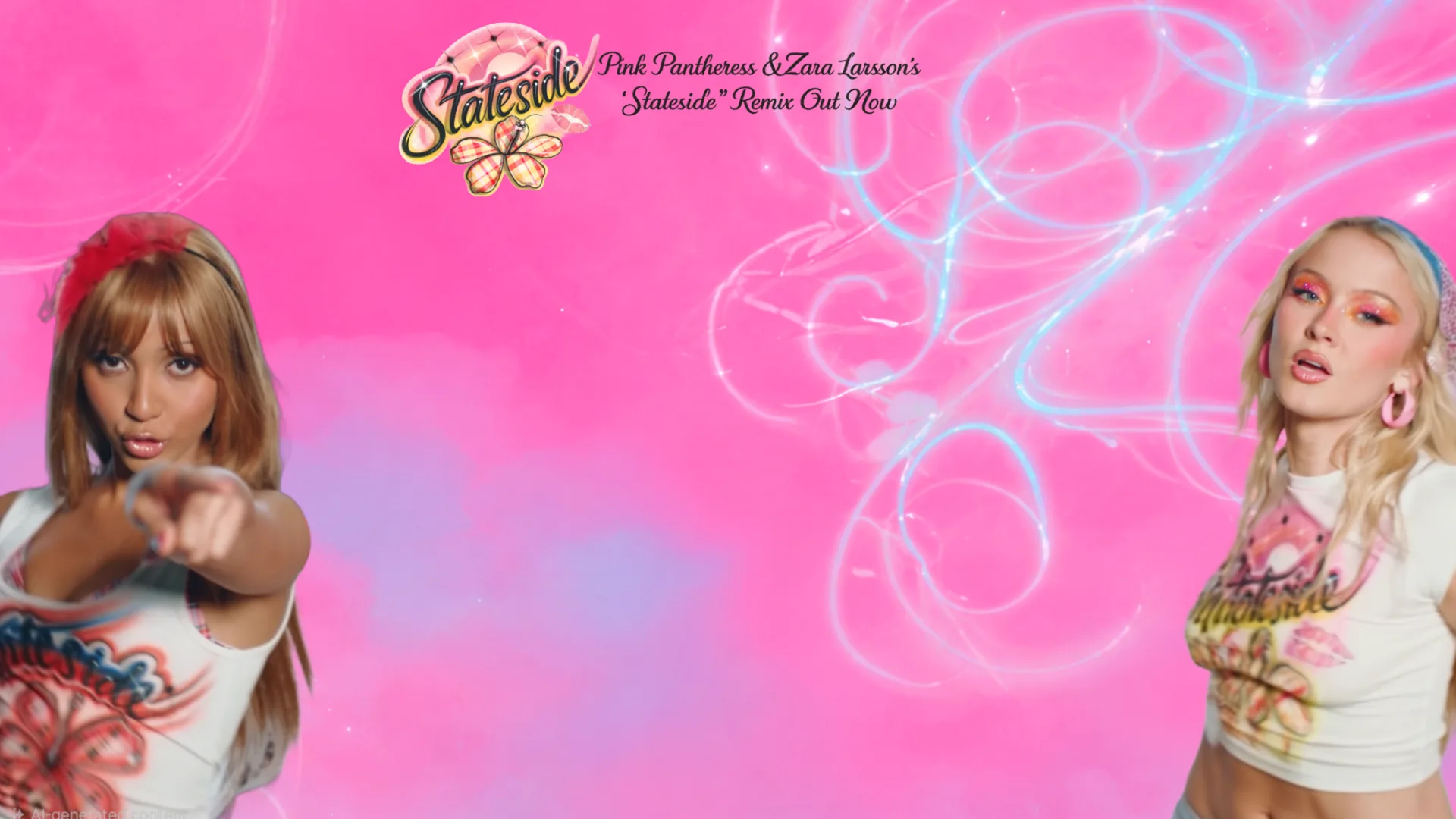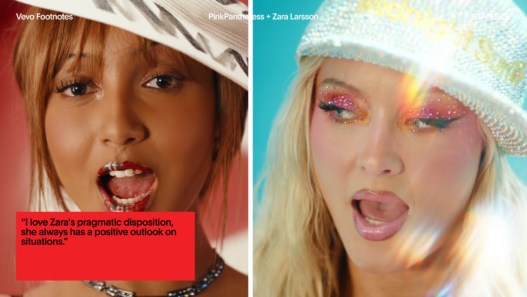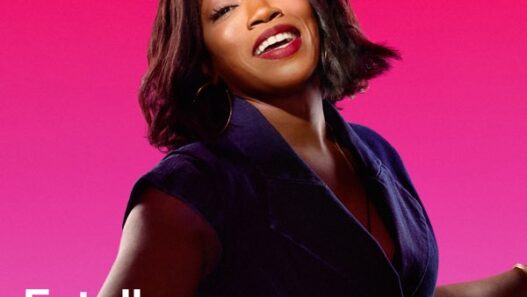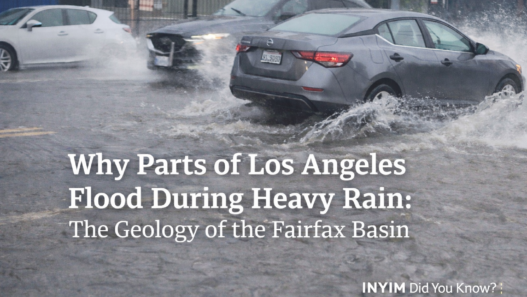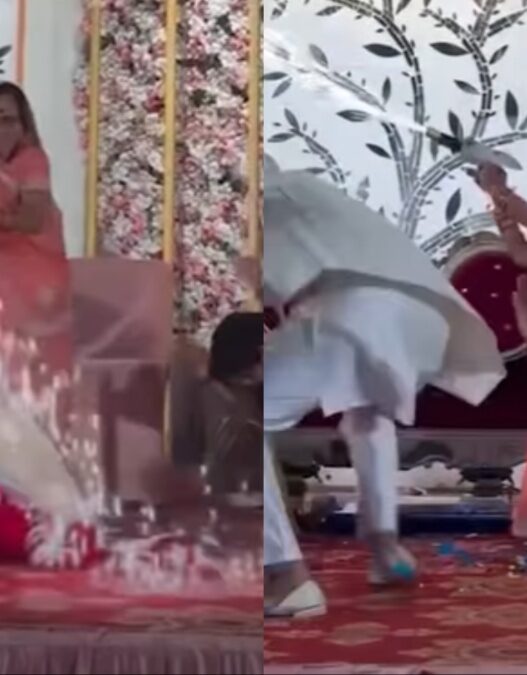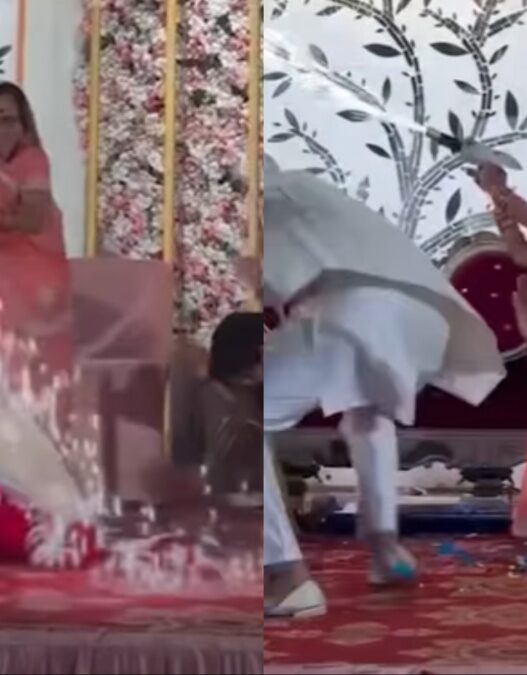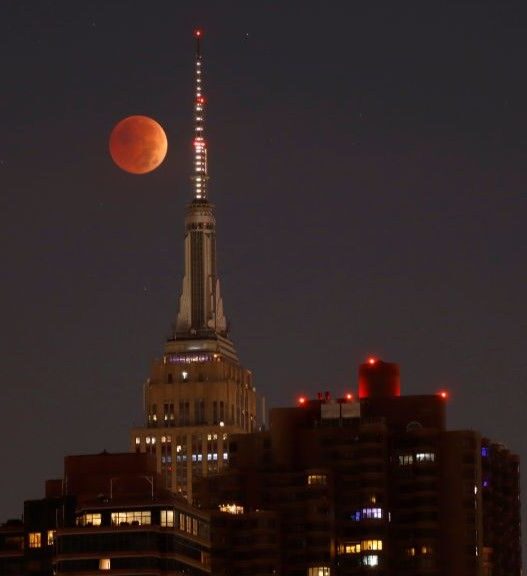Comedy Royalty Bill Hader Wants The ‘Barry’ Final Season To Be Darker Than Eve.
“When Bill Hader left Saturday Night Live to make the TV show Barry, he had some darkness to work through. That much is clear if you’ve watched the HBO series, whose fourth and final season premieres Sunday night.
Barry is about Barry Berkman, a former Marine who suffers from depression and PTSD. Since leaving the military, he’s become a trained assassin, treating the act of killing a mark with the mundanity of an actuary filling out a spreadsheet. When stalking a target, he encounters a community of struggling actors taking a class led by Henry Winkler’s gregarious Gene Cousenau. He’s drawn to and ultimately joins them. It turns out he can’t act for shit, but Barry goes all-in on the class as his ticket out of his violent life.
Despite falling in love, finding actual success in the industry, and developing a father figure-like relationship with Gene, he can’t escape that violent past—or impulses—no matter how desperate he is to.
Over the course of Barry’s first three seasons—during which it picked up a mantle’s worth of awards, while routinely scoring “best of the year” reviews from critics—Hader opened up to us about drawing from his own experiences with debilitating anxiety, particularly while working on SNL, for the show.
Now that the series is coming to an end, does he feel like he’s worked through what he needed to?
“It’s funny that you can still be hyper-aware of whatever problems you have, and yet you still do them,” he tells The Daily Beast’s Obsessed, speaking over Zoom ahead of the Season 4 premiere on April 14. “Just because you’re aware of it, that doesn’t mean that you stop.” He breaks into that wheezing laugh that SNL fans know so well. “Or with therapists—you don’t have one therapy session, and that’s it. So that’s kind of what the season’s about.”
Heady questions, like whether it is possible to stop destructive behavior—or if not escape your past at least grow from it—are central to Barry’s final season. Is it fruitless to pursue happiness or fulfillment? And would we even realize if we achieved it anyway?
Those concerns are sent through a disturbing, often painful filter, given the nature of the show. When the season begins, Barry has been arrested, after Gene gave him up to the police. Barry alternates between hallucination and delusion while in prison—the latter when it comes to the future he thinks he can still have with Sally (Sarah Goldberg), who’s reeling from the revelation that her boyfriend was a cold-blooded killer.
The less you know about the season’s plot, the better for your enjoyment. But trust that Noho Hank (Anthony Carrigan), Cristobal (Michael Irby), and Fuches (Stephen Root) are all still ensnared in Barry’s orbit. And, illustrating Hader’s hypothesis about escaping your own issues, they’re all still codependent on each other’s extreme levels of fucked-uppedness.
“Everybody kind of has Barry’s disease,” Hader says. “They’re trying to move through whatever shit they have and trying to be better people. They have the fear of, ‘Wow, can I change and be happier?’ Then this weird thing happens, where they start leaning on each other.”
Season 4’s early episodes are striking in how meticulously and intensely each of the characters is broken down, reduced to a tangle of exposed nerves that barely constitute a corpus. All of the physical, emotional, and psychological violence they’ve both inflicted and weathered has come back to roost, squashing them into the most vulnerable state a human can be.
“Because the cat’s out of the bag about what Barry’s done, everybody’s exposed in some way,” Hader says. “They have to deal with something that maybe they knew was there, and wish wasn’t there.”
Yet for as many ways in which these characters have destroyed each other’s lives, it’s remarkable that the phrase “I love you” is uttered more times than it is on a series that might air on Hallmark Channel.
“‘I love you,’ and the idea of being safe, is another thing that keeps being brought up,” he continues. “It’s [about] human connection and wanting to be held. I think that’s something you want as a kid, and Barry is a kid. It’s this idea of: ‘Where can I go to feel safe? Where do I go to be held? Where do I go so I know everything’s gonna be OK?’ When you don’t have that, then some people try to create that for themselves by force, and that can go wrong.”
Hader laughs again, cognizant of how explicitly his show reveals that truth. He’s keenly aware of how dark Barry is, and how mystified many viewers are by the fact that it is placed in the comedy categories at awards shows.
Sure, few series on TV are as masterful at capturing, with droll, gut-busting humor, the tedium of everyday life—which is hilariously juxtaposed with the pulse-racing morbidity of the violence. But that doesn’t mean Barry is a comedy. (My favorite thing he’s said over the years about the series’ surprising tone was, “I like that you can watch the show and at least glean that we don’t find people getting murdered funny.”)
Instead, Hader says that “it’s weird not to go there,” regarding how dark Barry has gotten since it began. Expect it to become even more so with this final string of episodes. “If you’re trying to be honest about a thing, and you’re dealing with a murderer, to not go there feels kind of offensive. I get weird about it. Like, how can you not go there? [People] are like, ‘Well, it’s a comedy.’ So what? We’re trying to be real. We’re just telling a story here.” The laugh-wheeze returns: “We’re a comedy by virtue that episodes are 30 minutes.”
He likes that he doesn’t have to feel beholden to one genre or the other, or married to a specific tone because of an arbitrary category classification. Hader also points to other recent shows, like Netflix’s Beef and Prime Video’s Swarm, as great examples of series that occupy Barry’s same tonal space. And FX’s Atlanta, he says, “was the first [show] that really said, ‘Hey, we can do it this way.’”
“I’m always interested in going into the darker place, but not living in it,” he says. “It’s weird. You get older, and real shit happens to you. Bad things happen to you, and you go through it. When I see a thing that’s just like, ‘Everything’s great,’ I get very annoyed. Then when I watch something that’s sad, or watch a drama, and it’s humorless, I also get annoyed.”
He pauses and, as if subconsciously illustrating his point, breaks from his serious monologue about one of his artistic philosophies to laugh one last time. “Unless it’s something like Come and See,” the 1985 Soviet Belarussian anti-war film. “You can’t make Come and See funny. There’s no way that needs to be humorous. But then, you watch It’s A Wonderful Life. That’s a fucking dark movie. You know? And that’s why it’s great.”” – TheDailyBeast.com
